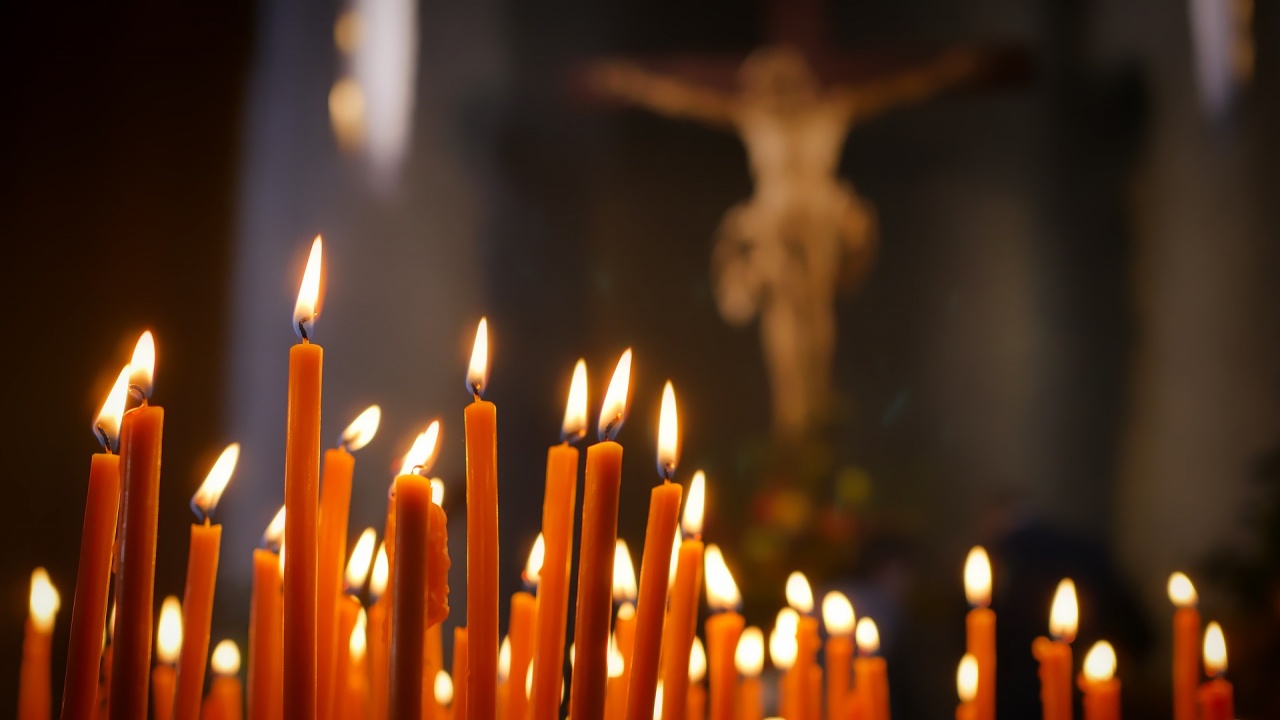The Bulgarian Orthodox Church celebrates today the church holiday for the Exaltation of the Holy Cross of the Lord, called by the people Krastovden.
The Holy Orthodox Church worships the Lord's Cross four times a year - on the third Sunday of Great Lent, called the Adoration of the Cross, on Good Friday, on August 1 and on September 14.
According to an ancient custom, on this day, a water festival is held and the priests sprinkle a cross on the homes for blessing.
According to church tradition, St. Helena, the mother of Emperor Constantine the Great, was a devout Christian.
She went to the Holy Places in Palestine to look for the Holy Sepulcher, which two centuries earlier had been buried by the persecutors of the Christians.
Her efforts were crowned with success.
The cave of the grave was found, as well as three crosses.
Which of the three is the cross of Christ was found out when a recently deceased person was resurrected by touching one of them.
A part of this life-giving cross was sent by Elena to her son in Constantinople, and the cross itself was placed in the main Jerusalem church.
After some time, a temple was built over the cave of the Holy Sepulcher, which still exists today.
It was solemnly consecrated on September 14, 335.
Thousands of pilgrims gather on this day.
In order for all to see the Holy Cross, the bishop raises or "raises" it above the heads of those present.
From this "upheaval" the holiday gets its name.
By tradition, a strict fast is observed on Easter Day.
The national holiday is associated with the end of the summer and the beginning of the autumn agricultural season.
From Krastovden or from Simeonovden /September 1/ the sowing of winter cereals can begin.
On Crossroads, the seed for sowing is "lit".
In some regions of the country, the holiday is called grozdobernik, because the grape harvest begins.
cross day
The Bulgarian Orthodox Church
